10 Reasons the Stock Market Could Crash This Year
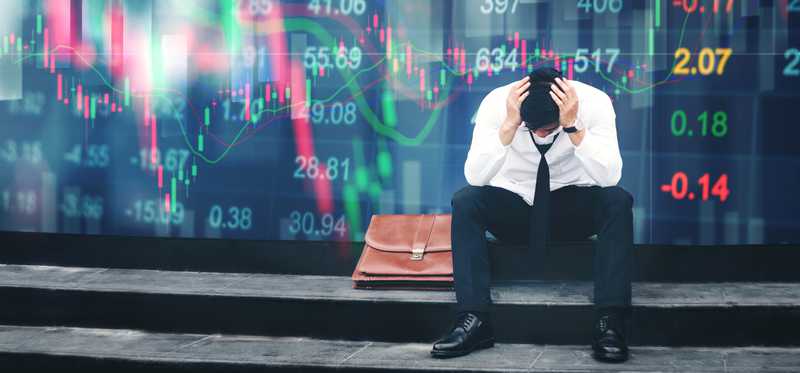
10 Reasons the Stock Market Could Crash This Year
Expect unpredictability
After an unprecedented crash last March when the coronavirus pandemic swept across the country, the stock market did something surprising. It surged. The S&P 500 has jumped nearly 75% since then, a remarkable run in less than a year, and one that has come while a global pandemic is still raging and the U.S. faces an economic crisis.
Stocks have started 2021 in positive territory, too, as investors anticipate another round of stimulus from the incoming Biden administration and have high expectations for a booming economy once the pandemic ends. However, if there’s one lesson from 2020, it’s that the world and the market can be unpredictable.
Even as investor sentiment is as bullish as it’s been since at least the tech boom, there are still reasons the market could crash this year. Here are 10 of them.
5 Winning Stocks Under $49
We hear it over and over from investors, “I wish I had bought Amazon or Netflix when they were first recommended by the Motley Fool. I’d be sitting on a gold mine!” And it’s true. And while Amazon and Netflix have had a good run, we think these 5 other stocks are screaming buys. And you can buy them now for less than $49 a share! Simply click here to learn how to get your copy of “5 Growth Stocks Under $49” for FREE for a limited time only.
Previous
Next
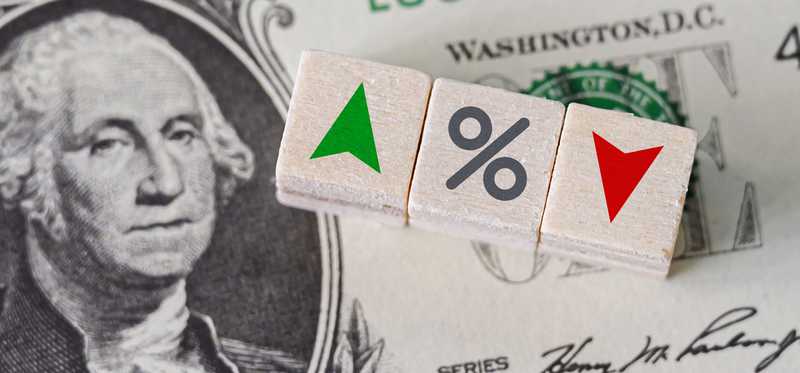
1. Interest rates rise
There’s a direct connection between interest rates and stock prices. Stocks tend to go up in a low-interest-rate environment as fixed income yields fall, making equities more appealing. In such environments, investors sometimes say, “There is no alternative,” meaning there’s nowhere to invest but stocks.
But Treasury rates have been unusually low over the last year, and that could change. In fact, they are already creeping higher. While Fed Chair Jerome Powell has pledged not to raise rates through 2023, the Fed doesn’t control Treasuries -- the market does -- and rising Treasury yields will likely beckon money out of the stock market, which many believe is already in a bubble, and into bonds.
Previous
Next

2. Rising inflation
Rising inflation, which is often a fellow traveler with higher interest rates, could also soak the stock market rally. Investors are increasingly anticipating a run-up in prices as all the pieces to deliver inflation seem to be there.
The money supply has expanded significantly during the crisis and looks set to do so again once Biden takes office. Additionally, a wave of pent-up demand is likely to be unleashed by the end of the pandemic, which is also set to drive up prices.
There are historical precedents for this kind of phenomenon. For example, inflation spiked after World War II ended, rising 8% in 1946 and 14% in 1947 as the transition to a peacetime economy unleashed pent-up demand. If inflation trends in that direction, Powell could reverse his earlier promise not to raise rates, which would certainly cool off stocks.
Previous
Next

3. The pandemic doesn’t end
Investors are clearly banking on the pandemic ending in the near future. Not only are tech stocks at all-time highs, but so are companies that have been hit hard by the public health crisis like Disney and Shake Shack.
In other words, investors have already priced in a recovery in these types of discretionary businesses that rely on social gatherings. And they seem to be betting that the pandemic will essentially be over by this summer.
While vaccines are being distributed, the rollout has been slower than expected, while cases, hospitalizations, and deaths are at all-time highs. More concerning is that there’s been significant skepticism about the vaccine. In Ohio, for example, 60% of nursing home workers declined to take the vaccine.
If not enough Americans take it, we won’t reach herd immunity, and the pandemic will continue.
Alternatively, mutations like the one from the U.K. could make the pandemic worse, spoiling any hopes for a recovery by this summer.
Previous
Next
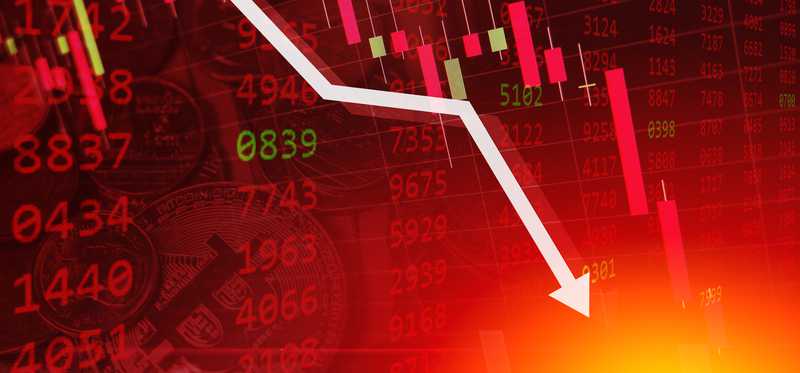
4. Corporate earnings tank
A decline in revenue growth rates ultimately killed the tech bubble, and a similar phenomenon could lead to a market crash this time around. Earnings fell sharply during the pandemic in the first half of 2020, in part due to the impact of lockdowns, but mostly recovered by the third quarter.
Investors are clearly expecting a full-fledged recovery, but corporate earnings could be upset by any number of things, including the pandemic, international tensions, or an unforeseen economic crisis.
If growth falters at a company like Tesla, which has led the stock market’s charge over the last year, the entire stock market could unravel as investors realize much of the market is inflated.
ALSO READ: Raging Bull or Stock Market Crash? Here's the Signal to Watch in 2021
Previous
Next

5. Retail investors bail
Retail investors have been among the biggest winners in the market since the recovery, riding a roaring bull market. Millions of new investors have joined Robinhood, the app-based brokerage that’s disrupted stock trading by making no-commission trades the norm. And new accounts on platforms like E*Trade have also spiked as many Americans with little to do during the lockdowns started trading and have enjoyed ample rewards.
However, the tide could shift, and if stocks start to fall, retail investors could bail from the market. Similarly, investors who are trading on margin accounts could face margin calls if stocks fall, essentially forcing them to liquidate.
A Yahoo! finance survey from September found that 43% of retail investors are using margin, options, or both, and 20% are using margin. If the stock market pulls back, things could get ugly for those investors, hastening the decline.
5 Winning Stocks Under $49
We hear it over and over from investors, “I wish I had bought Amazon or Netflix when they were first recommended by the Motley Fool. I’d be sitting on a gold mine!” And it’s true. And while Amazon and Netflix have had a good run, we think these 5 other stocks are screaming buys. And you can buy them now for less than $49 a share! Simply click here to learn how to get your copy of “5 Growth Stocks Under $49” for FREE for a limited time only.
Previous
Next

6. Stimulus doesn’t pass
President-elect Biden has said he is putting together a multitrillion-dollar stimulus package, but there is still a risk it won’t pass, or that investors won’t get everything they’re counting on. Even though Democrats won both Senate run-offs in Georgia to take control of that half of Congress, they will still need votes from moderates like Joe Manchin.
Manchin, a Democrat from West Virginia, said earlier he absolutely would not support $2,000 stimulus checks, which momentarily cooled off the market rally.
While Biden and the Democrats are likely to pass some kind of stimulus package, it may not have everything on investors’ wish list.
Previous
Next
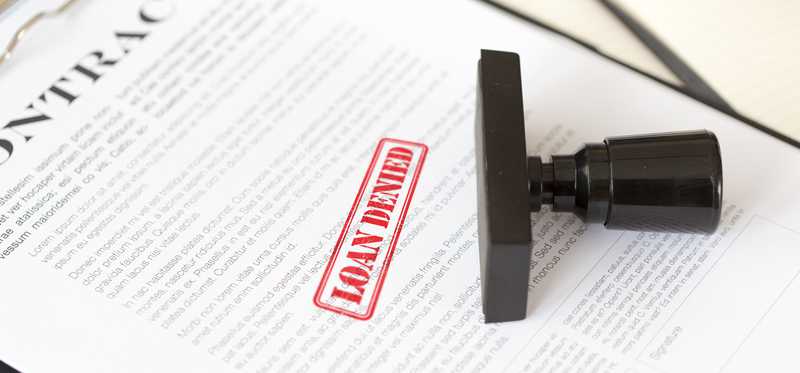
7. Credit dries up
Market bubbles are often linked to credit bubbles as easier credit leads to inflated asset prices. In the housing bubble, for example, loose lending standards for subprime mortgages eventually led to housing prices collapsing as many homeowners couldn’t afford the payments.
It’s not easy to identify the source of a bubble, and there’s often more than one. This time around, low interest rates, government stimulus, Federal Reserve bond buying, cross-border investments, margin trading accounts, and other factors may all be contributing to easy credit and inflated stock prices.
Many of those programs, meant to support the economy through the crisis, will eventually fade away, and with them support for inflated asset prices.
ALSO READ: 3 Moves to Make If the Stock Market Plummets Tomorrow
Previous
Next

8. Domestic unrest gets worse
The insurrection at the Capitol last Wednesday shocked the nation, but the stock market mostly shrugged. In fact, the market actually finished up that day as investors bid stocks higher after Democrats won the two U.S. Senate elections in Georgia.
Similarly, investors were mostly nonplussed by the unrest in multiple cities that happened after the death of George Floyd.
However, the country is at a unique political crossroads, and the situation could get worse. There could be more such attacks from white supremacists and Trump loyalists, as well as investigations that could reveal that some members of Congress and other higher-ups were complicit in the attack.
It would take something significant to jar the stock market, but any threat to democracy also threatens both the dollar’s status as the world’s reserve currency and the country’s standing the world.
Previous
Next
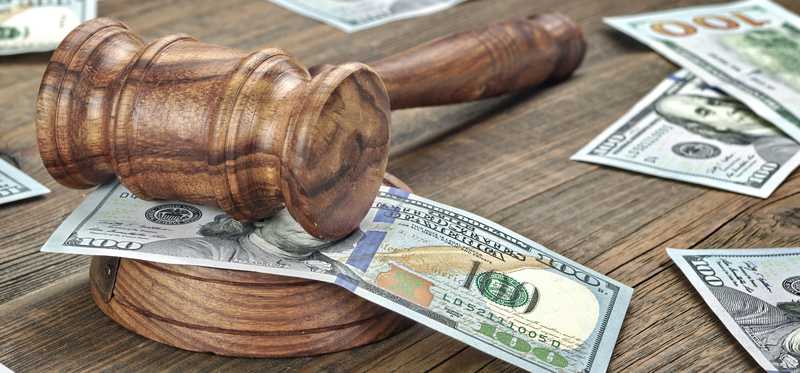
9. Congress cracks down on big tech
Just months ago, legislators held hearings with many of the country’s biggest tech companies -- including Apple, Amazon, Facebook, and Alphabet -- as part of an antitrust inquiry. With Democrats in power, those investigations could get sharper teeth, leading investors to bail out of these stocks, which together make up roughly 20% of the S&P 500’s market value.
Wall Street is already fearful of a Democratic government overreaching on business, and in fact cheered what looked like a divided government after the election. If Wall Street senses that regulation is increasing and Democrats are overreaching, that could affect valuations.
Previous
Next

10. Another black swan event
At this time last year, virtually no one saw the coronavirus pandemic coming, and that’s a reminder that the thing that crashes the market this year, if it does happen, could be totally unforeseen. It could be a new war or an international incident with China or in the Middle East that sends oil prices soaring.
It could be a political threat like an assassination, an unanticipated bubble in the economy, or another natural disaster like the pandemic.
After 2020 dealt a once-in-a-lifetime disaster, it seems foolish to overlook the possibility that something else equally unexpected could impact markets.
5 Winning Stocks Under $49
We hear it over and over from investors, “I wish I had bought Amazon or Netflix when they were first recommended by the Motley Fool. I’d be sitting on a gold mine!” And it’s true. And while Amazon and Netflix have had a good run, we think these 5 other stocks are screaming buys. And you can buy them now for less than $49 a share! Simply click here to learn how to get your copy of “5 Growth Stocks Under $49” for FREE for a limited time only.
Previous
Next

Some reason to be optimistic
There are always reasons to be pessimistic about the market, but optimism almost always wins out in the market over the long term.
Political tension will hopefully cool off after the inauguration, and another stimulus package will further grease the economic recovery. On balance, things are still looking up for 2021 as vaccines get distributed, and the pandemic should eventually fade, especially with the help of warmer weather in the spring and summer.
Still, there are signs that stocks are overinflated. While the economy should remain on the mend, stocks react to different signals, especially when it comes to things like interest rates. Given inflated valuations, don’t be surprised to see a correction in the market at some point this year.
John Mackey, CEO of Whole Foods Market, an Amazon subsidiary, is a member of The Motley Fool’s board of directors. Suzanne Frey, an executive at Alphabet, is a member of The Motley Fool’s board of directors. Randi Zuckerberg, a former director of market development and spokeswoman for Facebook and sister to its CEO, Mark Zuckerberg, is a member of The Motley Fool's board of directors. Jeremy Bowman owns shares of Amazon, Facebook, and Walt Disney. The Motley Fool owns shares of and recommends Alphabet (A shares), Alphabet (C shares), Amazon, Apple, Facebook, Tesla, and Walt Disney and recommends the following options: long January 2022 $1920 calls on Amazon and short January 2022 $1940 calls on Amazon. The Motley Fool has a disclosure policy.
Previous
Next
Invest Smarter with The Motley Fool
Join Over Half a Million Premium Members Receiving…
- New Stock Picks Each Month
- Detailed Analysis of Companies
- Model Portfolios
- Live Streaming During Market Hours
- And Much More
READ MORE
HOW THE MOTLEY FOOL CAN HELP YOU
-
Premium Investing Guidance
Market beating stocks from our award-winning service
-
The Daily Upside Newsletter
Investment news and high-quality insights delivered straight to your inbox
-
Get Started Investing
You can do it. Successful investing in just a few steps
-
Win at Retirement
Secrets and strategies for the post-work life you want.
-
Find a Broker
Find the right brokerage account for you.
-
Listen to our Podcasts
Hear our experts take on stocks, the market, and how to invest.
Premium Investing Services
Invest better with The Motley Fool. Get stock recommendations, portfolio guidance, and more from The Motley Fool's premium services.